Innovating to protect biodiversity and prevent future pandemics
Developing tools and innovations for diverse geographical contexts
Developing tools and innovations for diverse geographical contexts
Our activities take place across three tropical biodiversity hotspots
with different environmental and socio-cultural settings
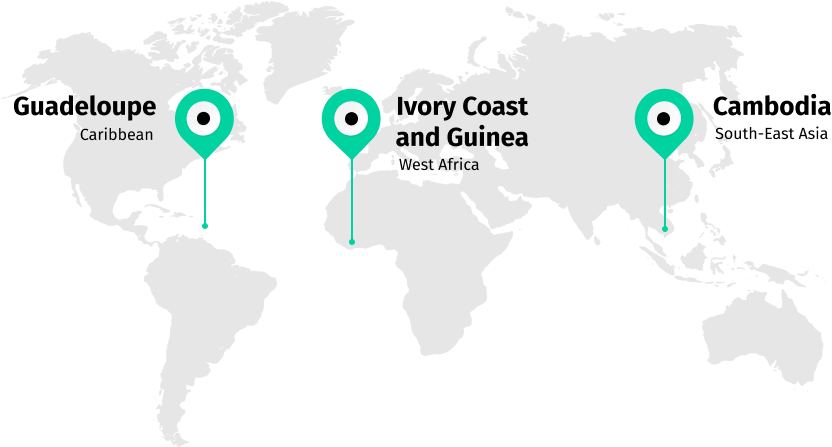
01
02
03
04
BCOMING counts with partners based across four continents and who are experts in biomedical, environmental and social sciences.
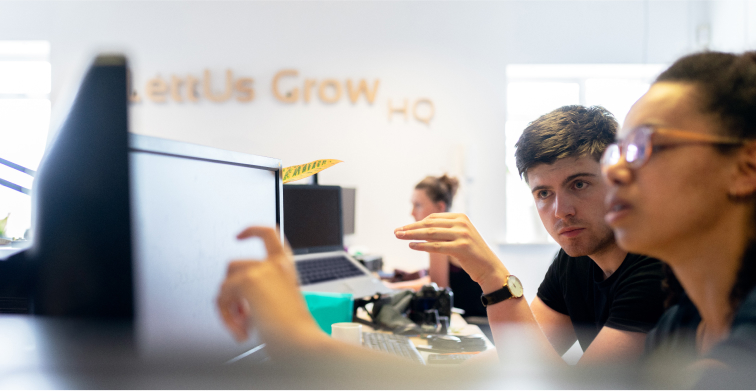

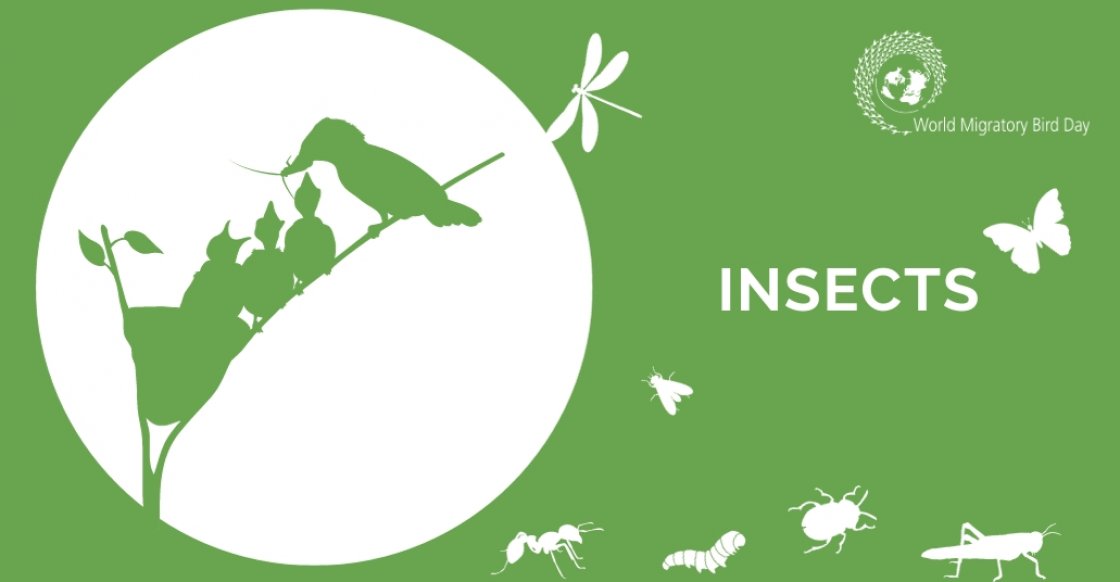
Protect Insects, Protect Biodiversity:
This Saturday, October 12th, we celebrate World Migratory Bird Day. This year’s theme, “Protect Insects, Protect Birds,” is the perfect example of how species and ecosystems are interconnected and depend on each other to thrive.
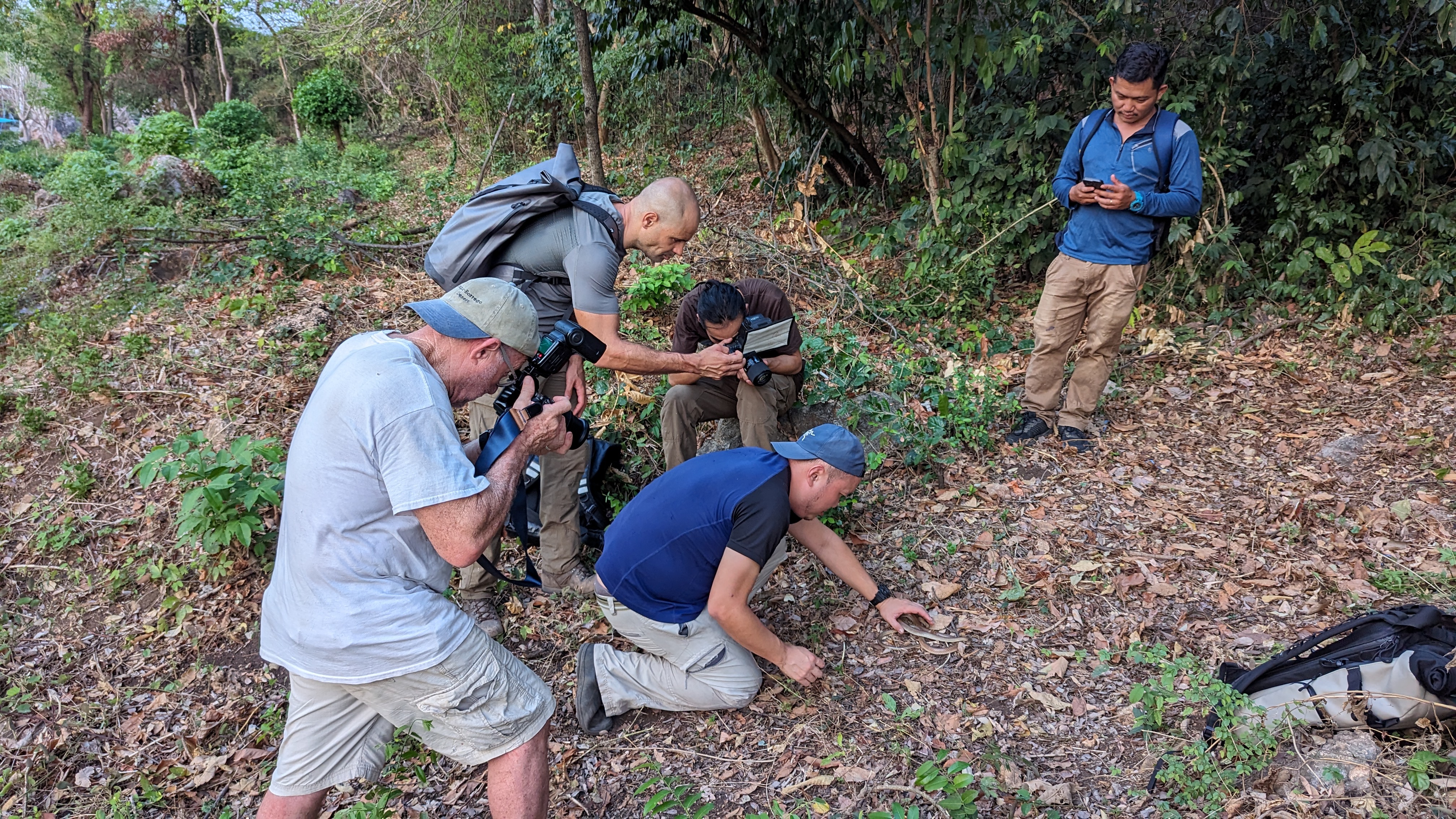
BCOMING x Fauna & Flora Cambodia Takeover
This September, Fauna & Flora and BCOMING took on a very special campaign: The Cambodia Takeover series, bringing attention to the vital work that is being carried out in the country. Every Thursday, we’ve explored different facets of Cambodia’s unique biodiversity, highlighting Fauna & Flora’s work while fostering a deeper understanding of the country’s natural heritage. Through this collaboration, we wanted to show the incredible work being done by Fauna & Flora and how it ties into the broader goals of the BCOMING project.
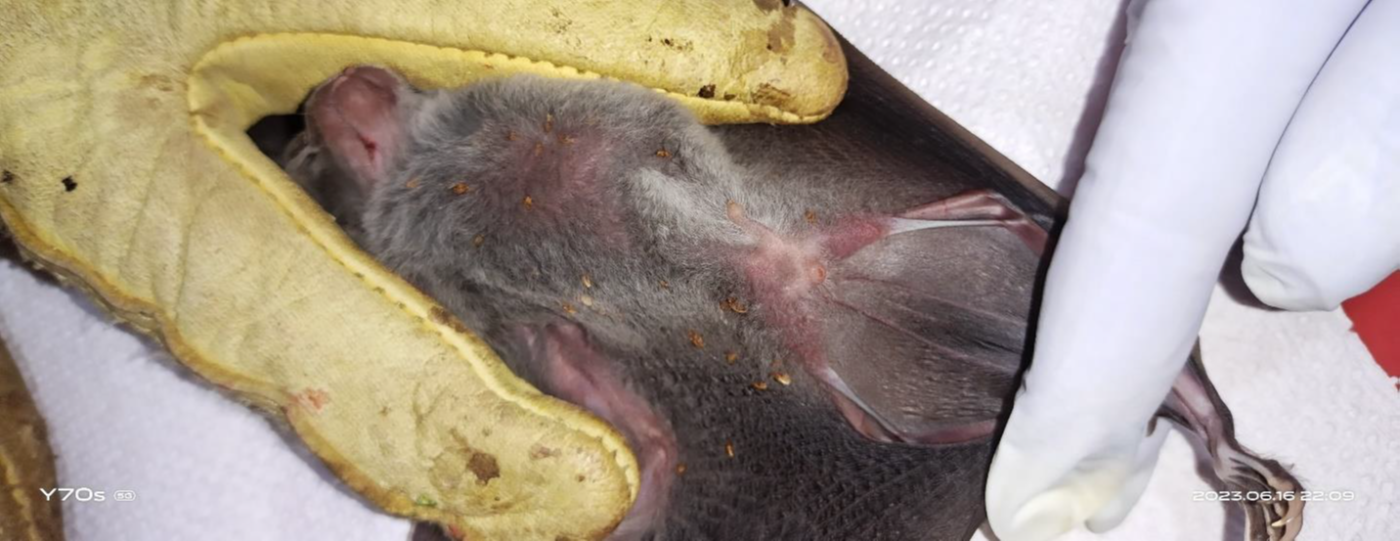
BCOMING - Bats ectoparasites study
The BCOMING project aims to conduct a thorough evaluation of biodiversity across various anthropogenic gradients and scales. In Cambodia, the scientific team is focusing on the bat interface as a key component, not only to assess zoonotic risk but also to understand broader ecological dynamics. Among the features being evaluated are the communities of bats' ectoparasites, which play important roles in bats’ ecosystem health and disease transmission dynamics between them. Bats harbor a diverse array of ectoparasites, including fleas, flies, ticks, and mites for examples, and are an integral part to the intricate relationships between them, their hosts, and the environment. Despite being often overlooked, these ectoparasites appear to be essential ecological components and can serve as indicators of ecosystem health. While poorly understood, these ectoparasites, through occasional changes of host, could facilitate the transmission of infectious diseases within bat colonies. Two families, Streblidae and Nycteribiidae, stand out for their unique adaptations and behaviors within the bat ecosystem.